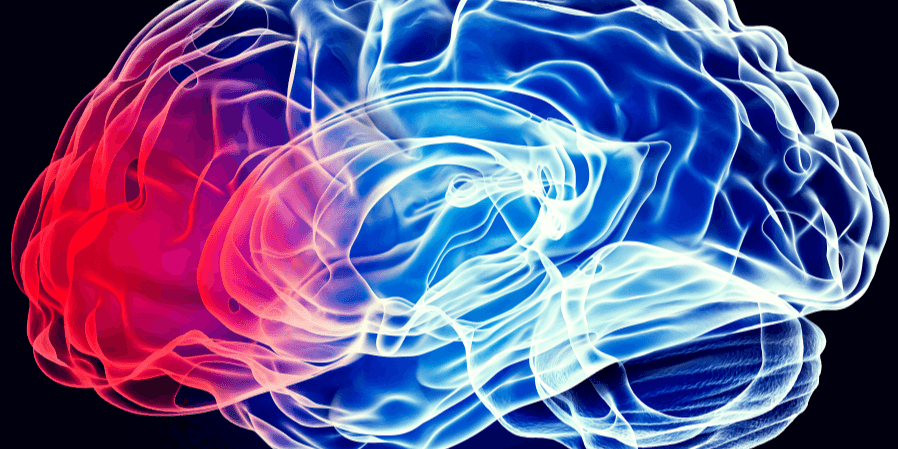
Facts About Brain Injuries
A concussion is a traumatic brain injury caused by a bump, blow, or jolt to the head or a hit to the body, causing the head and brain to move back and forth quickly. Sudden movements, such as those experienced in car accidents, can cause the brain to bounce around or twist in the skull, resulting in chemical changes and sometimes stretching and damage to brain cells.
A concussion is typically not life-threatening but can cause serious, life-changing effects. Effects can include difficulty recalling events before and after the injury, appearing dazed and stunned, forgetting instructions, becoming easily confused with difficulty tracking important information, clumsy movements, slower responses to questions, a brief loss of consciousness, and mood, behavior, or personality changes. Commonly reported symptoms include headaches or “pressure” in the head, nausea or vomiting, problems with balance, dizziness, blurry vision, feeling sluggish, hazy, or groggy, confusion, concentration, or memory problems, and just an overall feeling of not feeling yourself.
Signs of a dangerous brain injury include different-sized pupils, drowsiness, or the inability to wake up, headaches that get progressively worse and do not go away, slurred speech, weakness, numbness, decreased coordination, repeated vomiting or nausea, convulsions or seizures, unusual behavior, increased confusion, restlessness, agitation, and loss of consciousness.
When concussion symptoms last longer than the expected recovery period after an injury, the injured may have post-concussive syndrome. Some experts link this condition to structural damage to the brain or the disruption of the messaging system within the nerves caused by the concussive impact. Others have the opinion this syndrome is linked to psychological factors similar to those with anxiety or PTSD.
Post-concussive syndrome is more frequently diagnosed in women, due to their likelihood of seeking medical help, and increased age can also be a risk factor. Both structural damage and emotional reactions can play a role in the development of post-concussive syndrome, but research indicates certain factors are involved such as a history of depression, anxiety, PTSD, high stress levels, a poor support system, and the lack of coping skills. Definitive conclusions as to why this syndrome occurs have not yet been developed.
Severe brain injuries can require hospitalization and can have long-term affects in the ears of thinking, memory, learning, coordination and balance, speech, hearing, vision, and emotions. These injuries affect all aspects of a person’s life to include relationships, their ability to work, do chores around their home, drive, and other daily activities.
There are specialists in the Kansas City metro who treat these injuries. Treatment often consists of speech and balance therapy.
For more information about the Best Concussion Doctors in Kansas City, MO, according to healthgrades.com, visit the following page:
https://www.healthgrades.com/find-a-doctor/kansas/best-doctors-for-brain-injury-in-kansas-city






